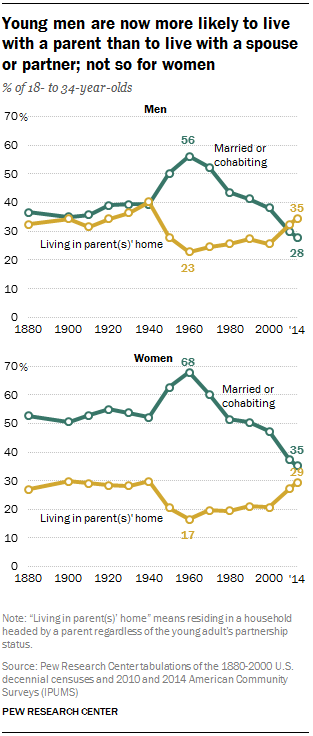
2020 had been a year unlike any other, and living situations have changed for many families. Read the story here.


2020 had been a year unlike any other, and living situations have changed for many families. Read the story here.
“There’s one more vital detail to spell out, perhaps in your agreement itself: when you expect your kid to move out. Newberry stresses that you can’t simply assume they’ll leave ‘when the time is right.’ With no clear end date, it will always be easier for them to stay than to make an effort to find a place of their own.”

Some advance planning can really help to make sure you have a positive experience when adult children move home. I shared my advice for making it work with Wells Fargo Conversations.

Finances are always a concern when adult children move back in with their parents. I shared some advice on how to make a family budget and addressed the issue of whether adult kids should past rent in this interview by Lisa Coxon:

In the UK, nearly 25% of adults aged 20-34 live at home, according to a recent piece by the BBC. That percentage has been increasing for 15 years.
The length of time those adult children stay at home has also been increasing, along with the cost. The average stay at home is now 10 months, up from 9.7 months last year. Parents spent about £1,640 on extra costs like water and electricity, along with £1,886 on redecorating and upgrading wi-fi.
Read more: Learn my #1 tip for financial planning when adult kids move home.
I spoke with Myles Ma at Policygenius about how to budget for adult children moving home.
“It’s a really good idea for parents to sit down with their adult children and work through this budget,”
– Christina Newberry
Read the story at Policygenius.
The latest Canadian census data shows the number of adult children living with their parents is on the rise again.
As of 2016, 34.7% of adults aged 20 to 34 were living with their parents, up from 33.3% in 2011.

But that number varies quite a lot across the country. In Ontario, 42.1% of adults in this age range live with their parents, and in Toronto specifically, nearly half do so: 47.4%. In Quebec, on the other hand, less than a quarter of 20-to-34-year-olds live at home.

Twenty to 34 is a wide age range that includes university students all the way through established adults. Not surprisingly, more people in their early 20s live with their parents (62.6%) than do people in their early 30s (13.5%). The majority of those in their early 20s who were living with parents said they had never left home, where as most of those in their early 30s had left at some point and then returned.
Research from Pew Research Center based on U.S. Census data shows that for the first time in more than 130 years, 18- to 34-year-olds are more likely to live with their parents than with a spouse or partner. In fact, living with their parents is now the most common living arrangement for adults in this age group.
But this statistic gets most interesting when you break it down by gender. Living with their parents has been the most common living arrangement for men aged 18 to 34 since 2009 – that’s seven years of living with mom and dad being the most common situation for sons in this age group. But for now, daughters in this age group are still more likely to live with a spouse or partner than with their parents.

It was a pleasure to appear this morning on the Global BC Morning News to talk about how to deal with adult children living at home. You can watch the entire segment below.
I spoke with AARP recently about how to prepare for adult children boomeranging home after college — something I did myself 17 years ago. (Still think this is a new or temporary trend?)
Here’s the key point, which I can’t emphasize enough:
The end goal, Newberry says, is not to kick them out as soon as possible but to “help them get to the point where they are ready to leave.”
You can read the rest of the article on the AARP’s website, or check out the video below for five key strategies to make the situation work. I recorded this video way back in 2009, so the audio is not the best, but it’s worth bearing with it for the important information.